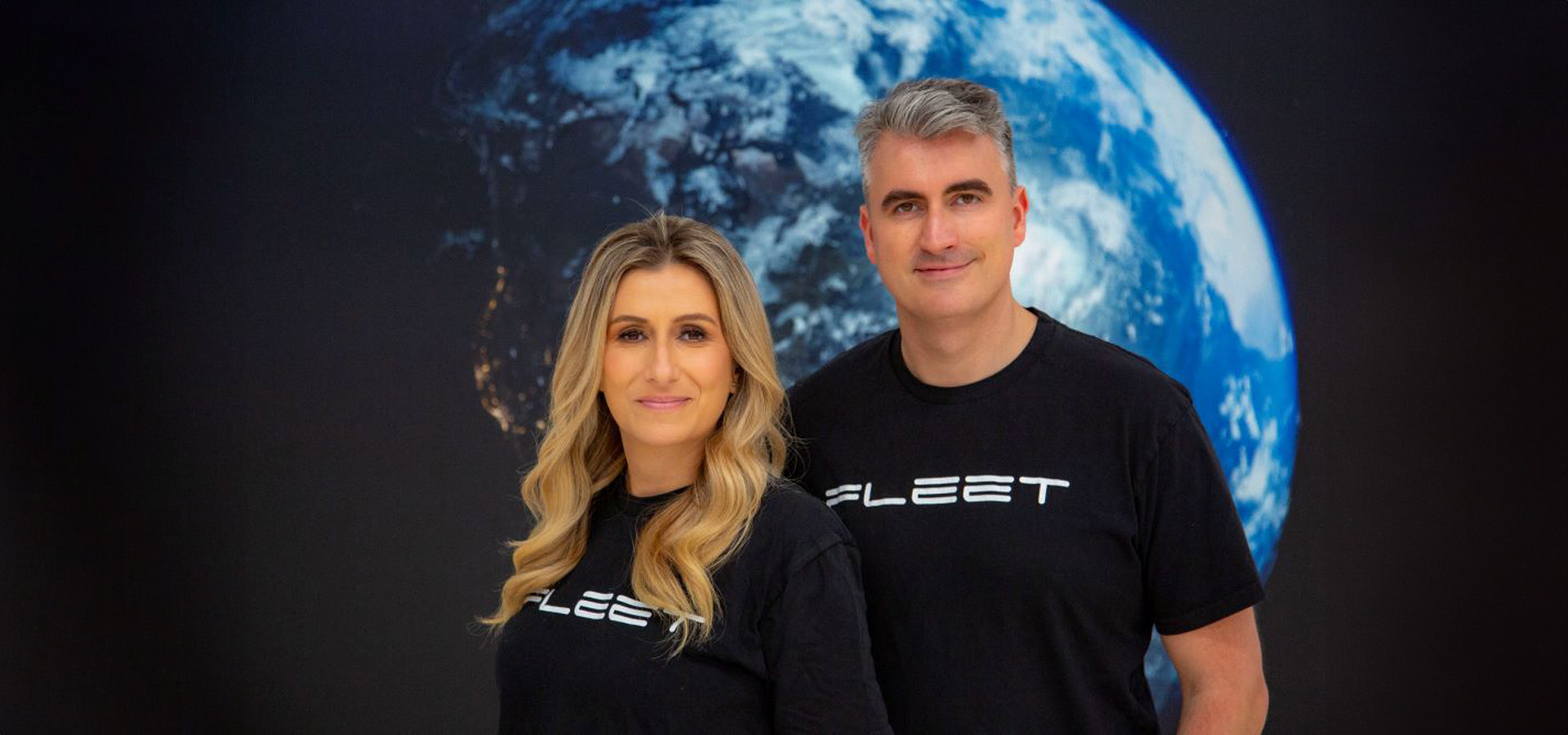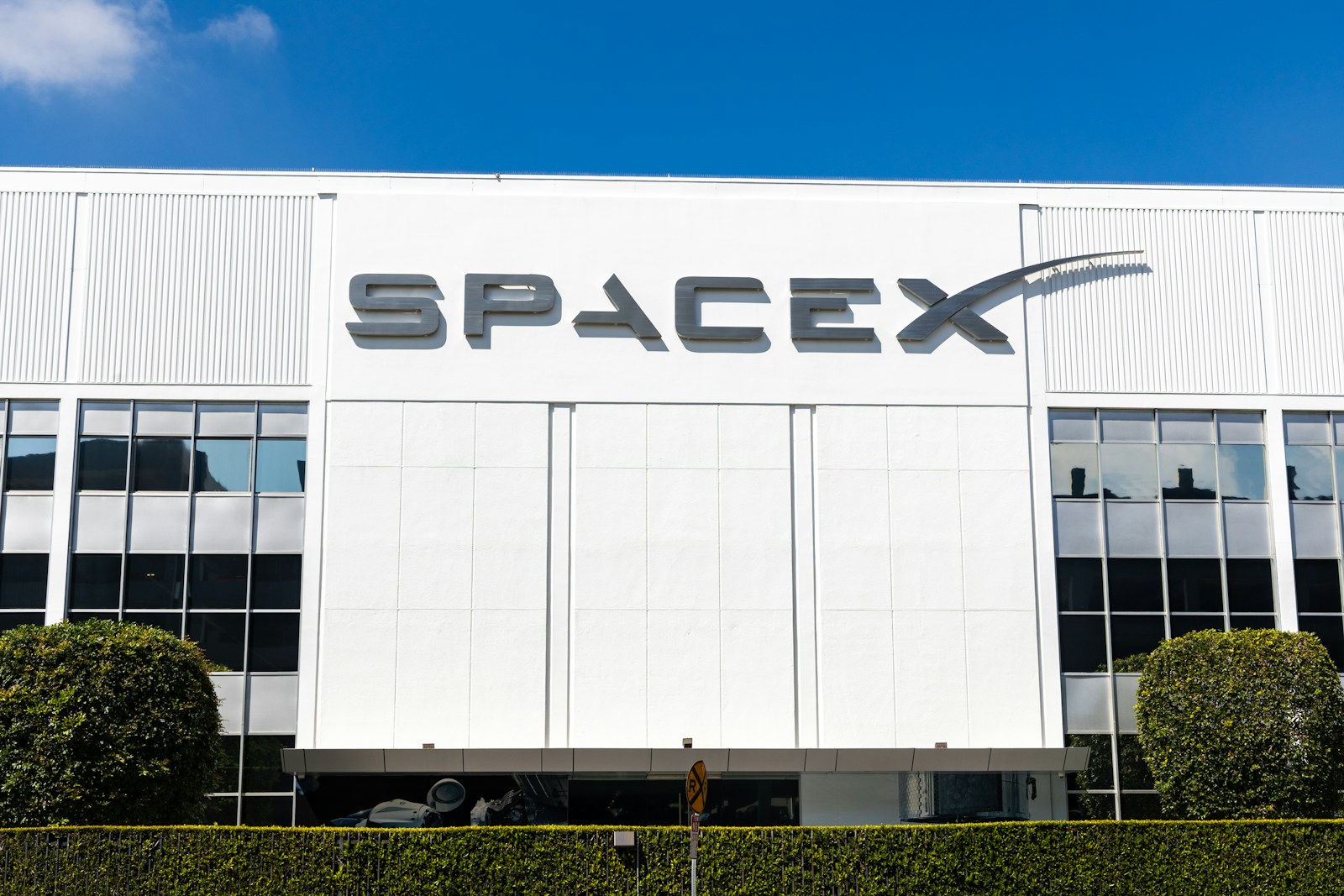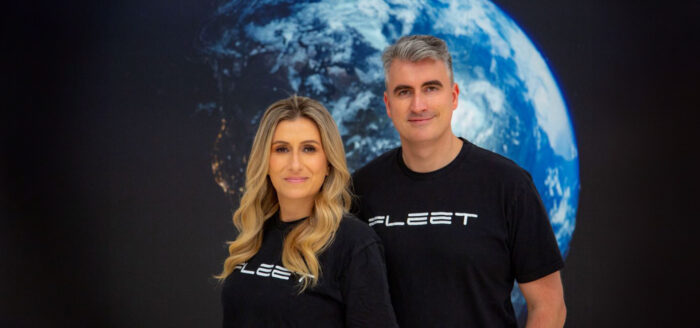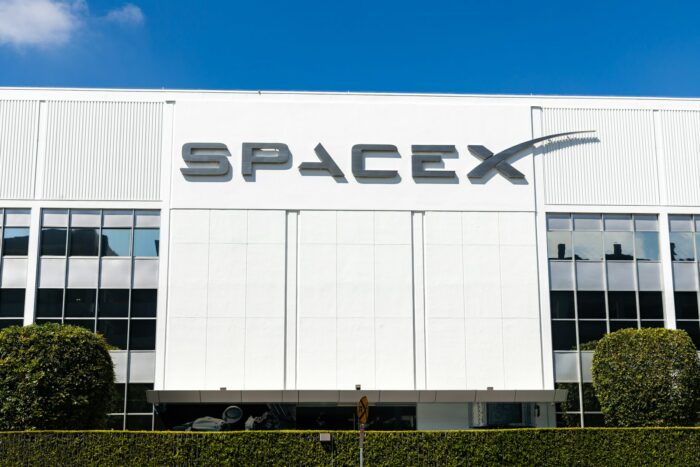After having been considered a latecomer to space exploration, Africa is now driving forward with ambition. The statistics don’t lie: it is estimated that the African space industry will reach US $22 billion by 2026, with space programs in 2022 receiving US $539 million from governments on the continent.
To get more insight on this, africanews recently interviewed Rorisang Moyo, a space industry analyst at Space in Africa, to get her view on this exciting news.
The first question was which countries were taking the lead.
“I would say South Africa and the reason why South Africa is so powerful is because most of the satellites are locally made,” she began. As a result, Moyo added, the industries become self-sufficient, which she thinks is very important.
She then said after South Africa it is Egypt, which has some of its own satellites, where they are taking charge of the value chain having their own engineers creating the components.
“After that,” said Moyo, “I’ll say we have to watch out for Algeria and Nigeria as well.”
The interviewer stated that Africa has huge gaps in science, communication and health, and is turning to space to solve some of those challenges, but asked where the investment should be directed first.
Human Capacity Building
“Investment should be directed firstly towards human capacity building,” said Moyo, “because in as much as we can talk about identifying the problem that we need to manage our land, our disasters, our water, we need to make sure that we have a homegrown industry of people who are able to do that because the problem we have is when we collaborate with the strongest spacefaring nations, that gap is normally filled by their skilled personnel and not our skilled personnel.”
A good point but as Africa is coming late to the space party, africanews wanted to find out what the continent’s unique advantages or strengths were.
“Our unique advantages come specifically from our young population. We have a very large workforce that could contribute to that, and that is something that is also recognized by the African Union,” said Moyo, adding that compared to other nations that have ageing populations, Africa is young and that could contribute to many parts of the sector in terms of research, engineering and business development.
“A young population is very good because we have a lot to bring in terms of intergenerational dialogues, in terms of creative thinking and coming up with solutions,” she said. “Above that, we have vast amounts of land that have to be used. We have our seaports.”
Then the topic of an actual space projects came up.
“Even before we look at new projects, like the building of the new spaceport in Djibouti, we could be looking at launching from our very own seaports, which should actually be cheaper, where we can engage private entities,” said Moyo.
Africanews wanted to know how much of a game-changer the spaceport in Djibouti would be.
“It would be a very positive change in terms of the fact that most of the time we’ve had to rely on countries like France to launch our satellites for us,” said Moyo, before mentioning that there is a brain drain in Africa.
The analyst thinks that what Africa needs is not somebody being trained on the continent and then only being able to practice what they want to do somewhere else.
Geopolitics
The sensitive issue of geopolitics was then raised, and how Africa balances its alliances in a world ravaged by war and extreme polarity in the political sphere.
“African countries should navigate the geopolitics of space by being in an alliance with a country that serves them the most,” said Moyo, answering the question as to how countries on the continent can navigate the geopolitics of the world without hurting their space interests. “They shouldn’t be involved in other external problems that are brought by these space powers because these space powers have had these problems since pre-60s, where it started with Russia and America.”
Featured image: “Africa prepares for space industry boom [Business Africa]” by africanews
If you found this article to be informative, you can explore more current space news, exclusives, interviews and podcasts here.
Share this article:










